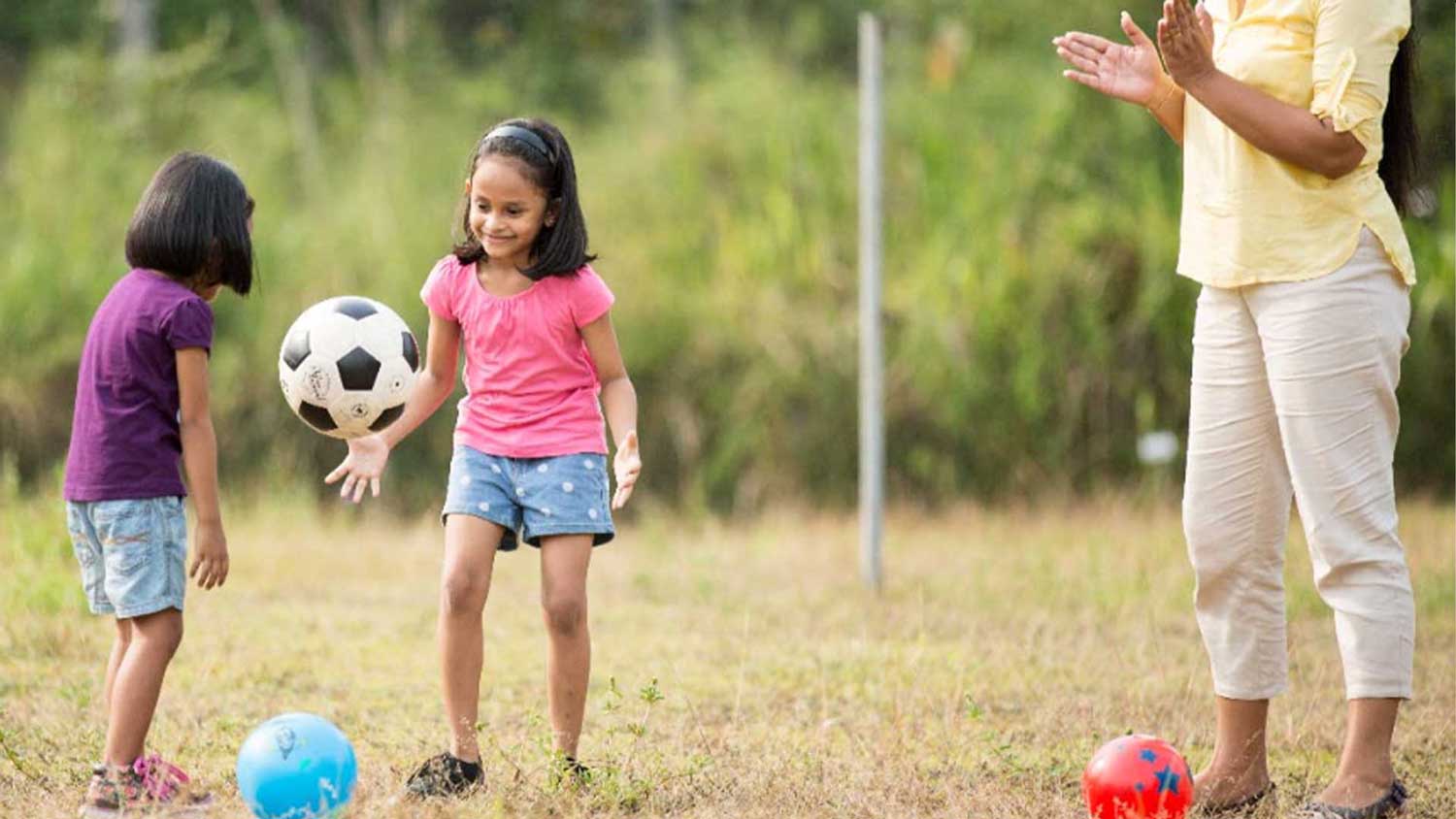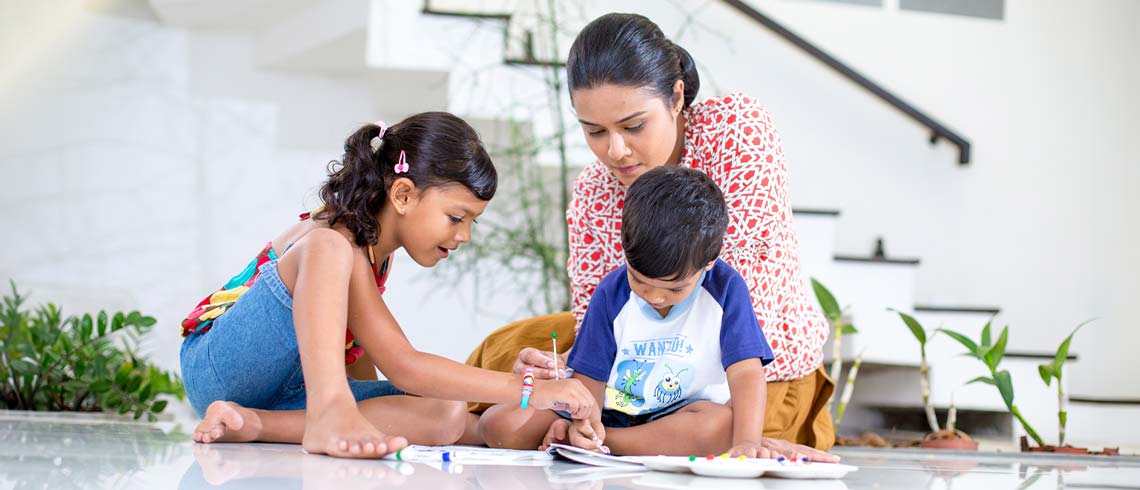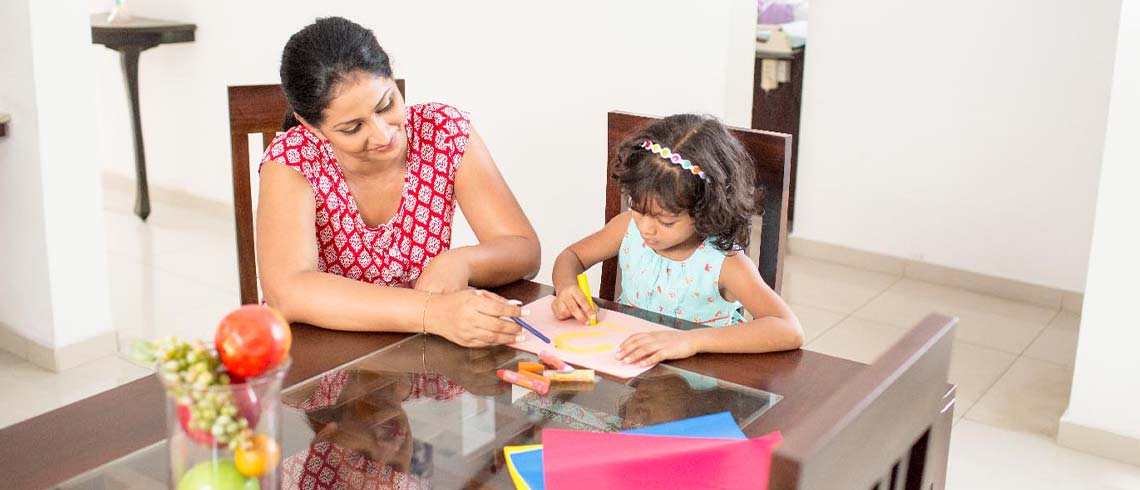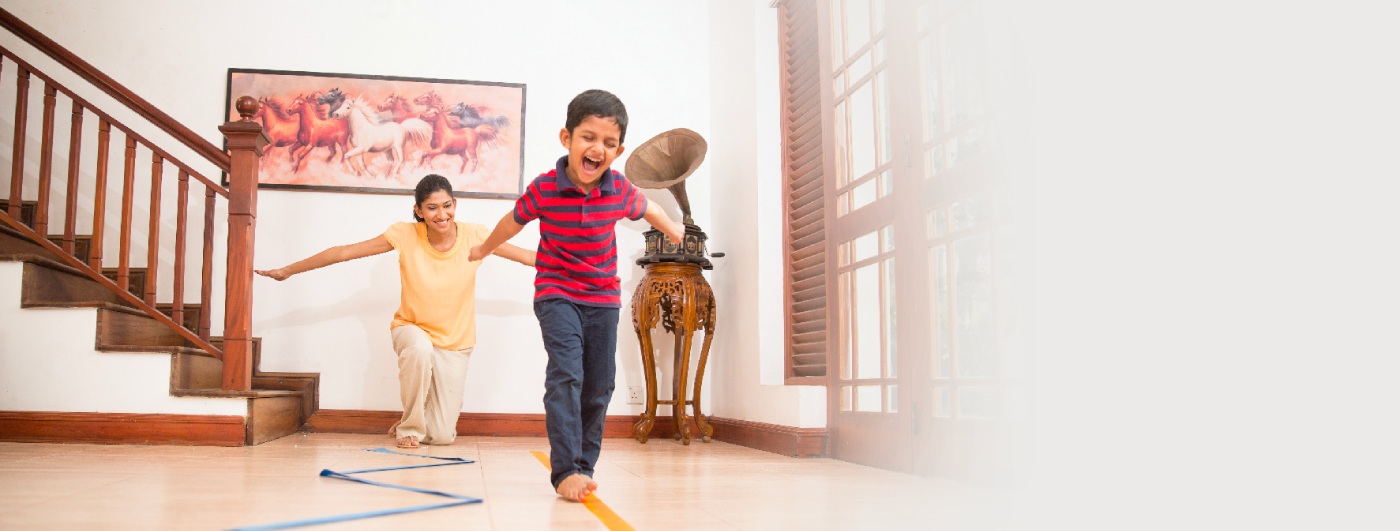























Importance of Play

Dinusha Manjarie Wickremesekera

“Play is not a luxury. Play is a necessity.” Kay Redfield Jamison
Development Psychologist, David Elkind states that there are three requirements for a happy and productive life: Love to connect to others; Work to adapt to the demands of the physical and social life; and Play to adapt to the world to ourselves and create new experiences.
Throughout our lives work and play are given varying degrees of importance. As adults we give greater importance to work. In infancy and childhood there is more time allocated for play though this too is changing with less time allocated for play.
Play can be defined as “what children and young do when they are not being told what to do by adults.” When they “follow their own ideas and interests in their own way, and for their own reasons.” Play is child directed. Children decide on what to do, and how to do it. They have control over their environments as they creatively deal with the resources they have in front of them.
As they play they are supporting their physical development as they use and gain mastery over their gross (our ability to walk, balance, kick, run, throw, catch etc) and fine motor skills (the improved coordination and manipulation of the smaller muscles in our hands, toes and eyes and facial muscles etc.). The practice of creating a story, or different uses for toys, making puzzles in play have young children exercise and expand their cognitive capacities. Playing first by themselves or with caregivers, play also helps children to start socializing with children their own age, and then in larger and larger groups. Playing helps children to connect with others fast, develop empathy
When you play with your child or children, you are giving a very important message to them. Your action is saying “you are important to me”. When you play with your child, let’s say you are doing a jigsaw puzzle, your child is learning how to solve a problem – when you play “I spy with my little eye ….” Something green …. And have your child figure out what it is you are thinking.. they are reinforcing their learning as well as looking around their environment through your eyes.
Child directed play …. With Parents involved … by themselves …. With other children their own age, older or younger children …. Let them navigate all the fights and joys, resources in the environment, learning skills that are only going to help them as adults to work: to be more productive and happy.
Productive play is not engaging with technology or watching a screen. In small doses this is a good thing. However, it is important to play to get dirty, to get tired, to laugh, cry and resolve arguments.
Play ideas:
- Play with clay
- Blocks which they can create different things
- Build a house with things
- Toys that are in the house
Share With:
Recommended Articles


Nimali Buthpitiya
Support your Child’s Language Development during First Five Years!
Language skills during the early years and the next years of a child’s life play a crucial role. It helps them understand what is happening around them, communi...
Read More

Nimali Buthpitiya
Know More About Your Little Champs’ Brain Development
Children are born with an inner drive to learn. They learn about themselves, others and about the world around them each time you cuddle them, take them for a w...
Read More

Dinusha Manjarie Wickremesekera
Early Education and Cognitive Development
Cognition refers to our ability to think and reason. Development implies that it is a continuous process and cognitive development is lifelong. We...
Read More